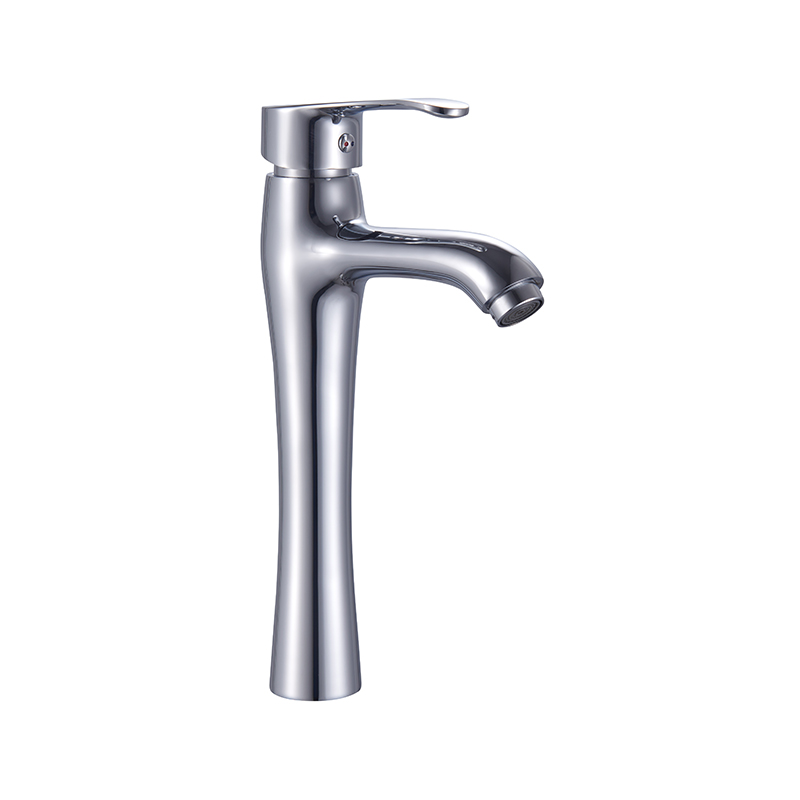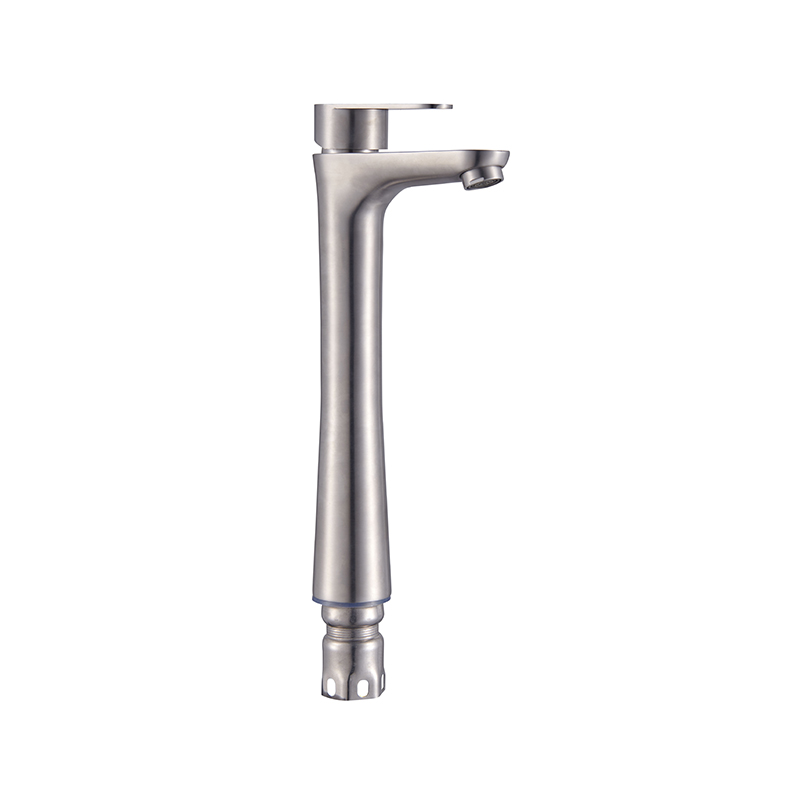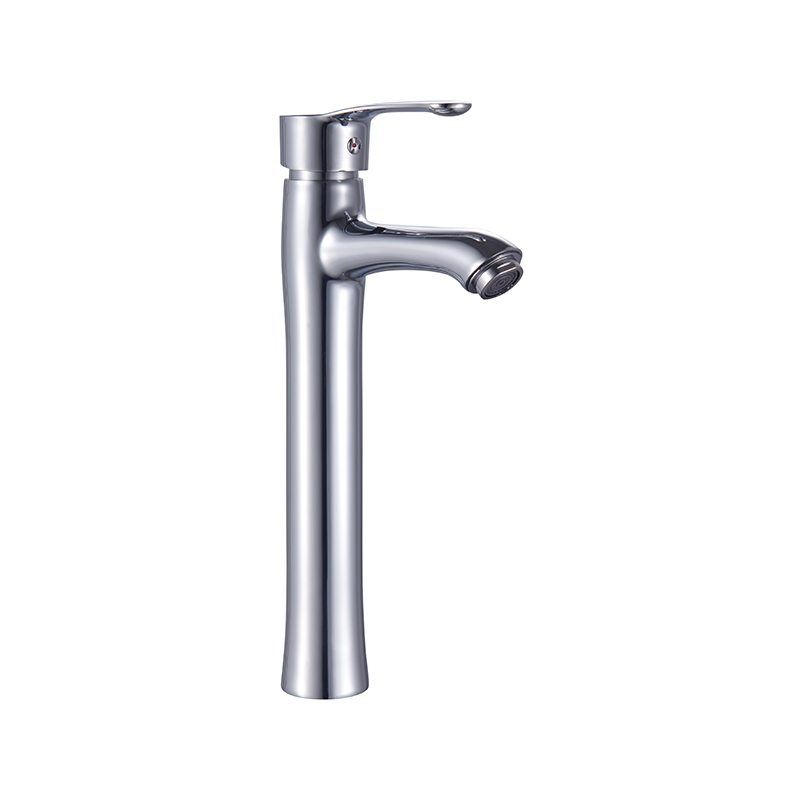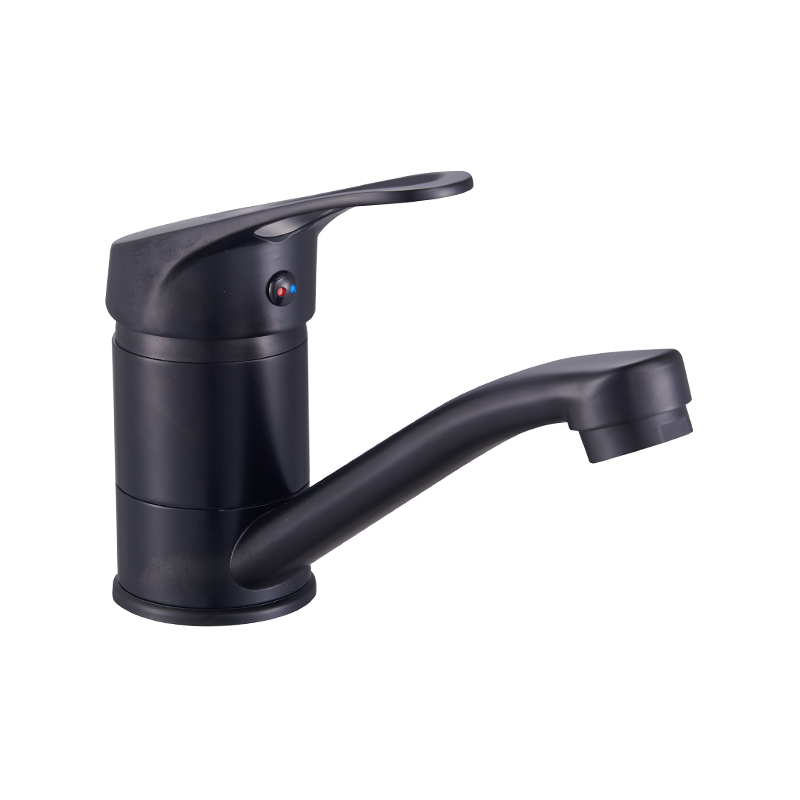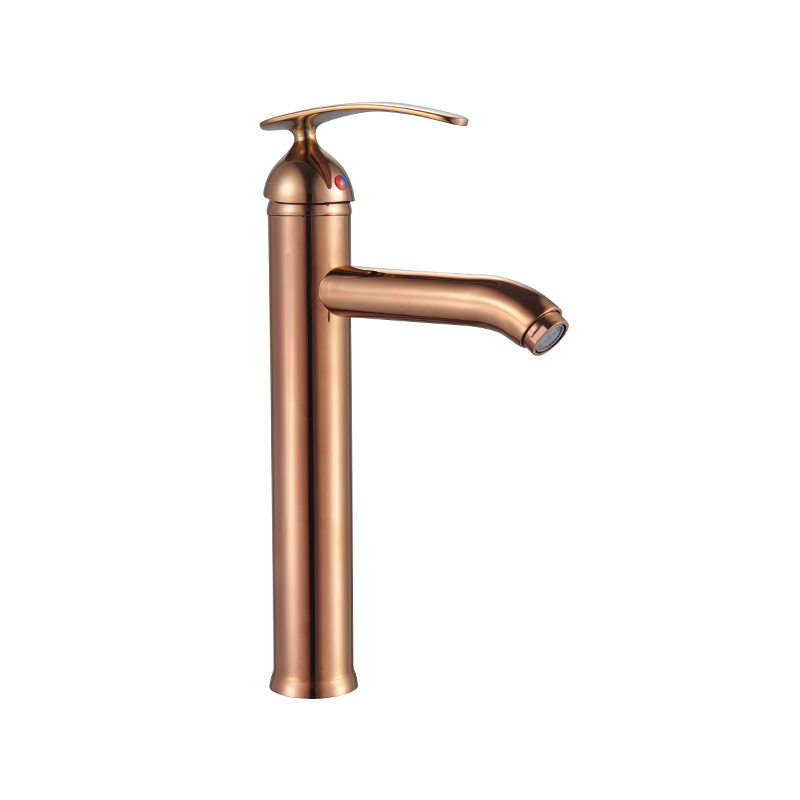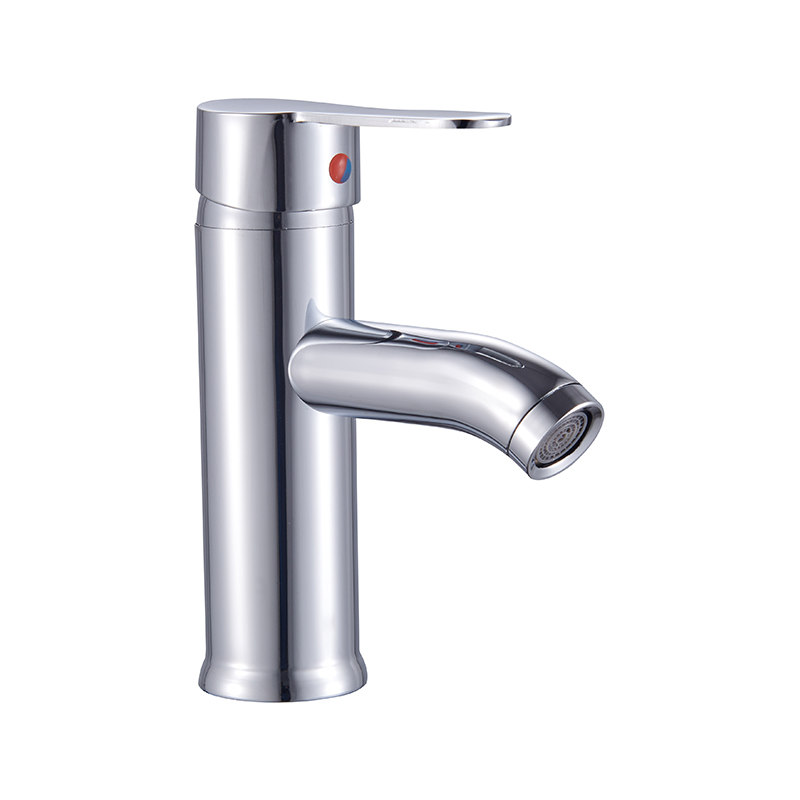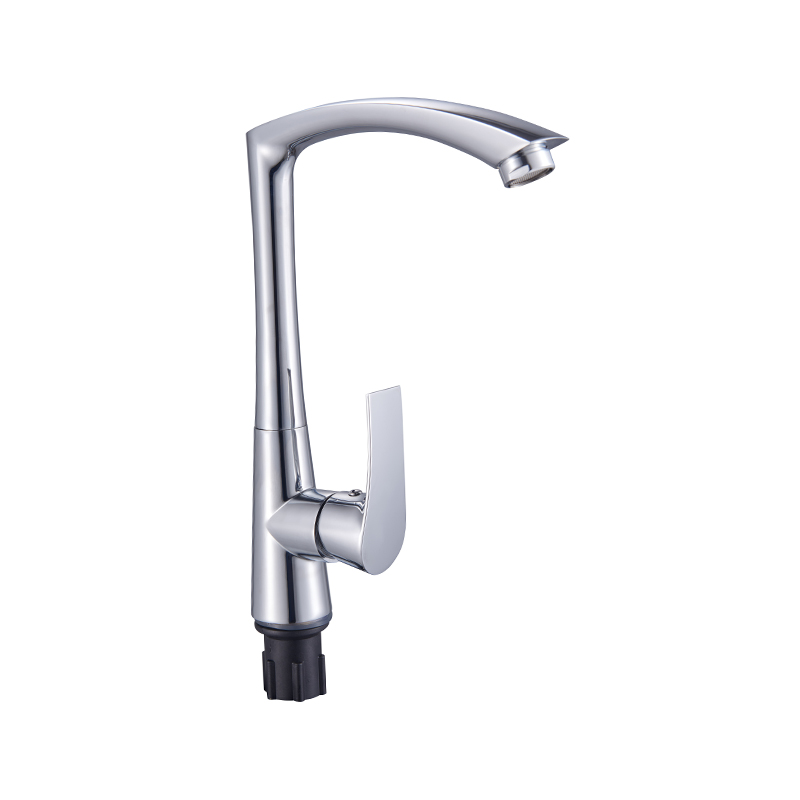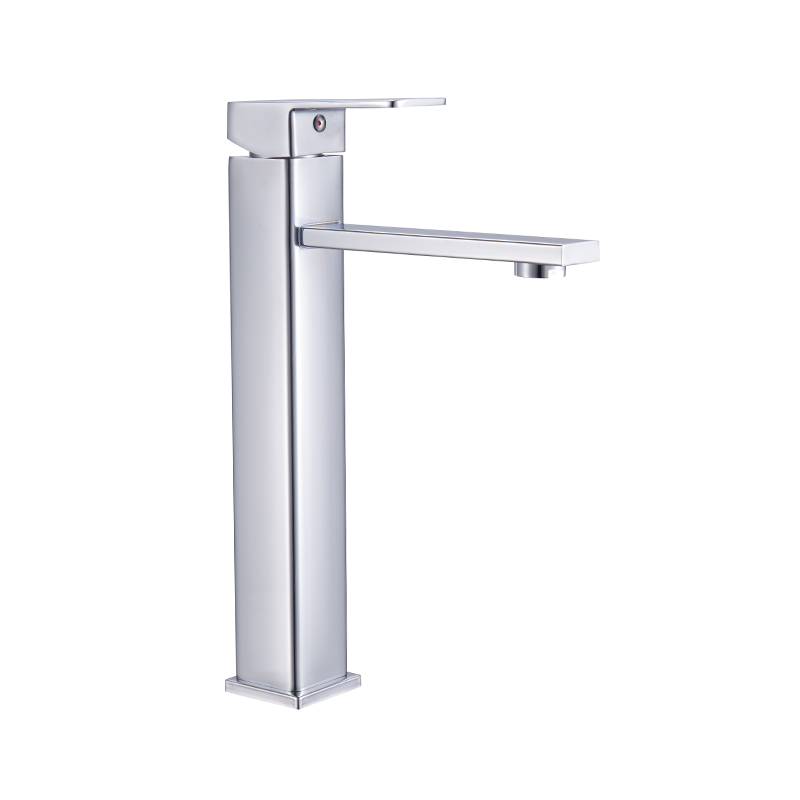When you’re in the market for a new kitchen faucet, it’s wise to pay close attention to sink mixer options from a reputable kitchen taps manufacturer or sink mixer factory. Many homeowners ask: “What should I look for in a mixer?” and “How do I know a factory can deliver quality and durability?”
1. Material and Internal Components
Solid Brass vs. Other Materials
A trustworthy sink mixer factory typically uses durable materials such as solid brass or stainless steel internally. Many experts warn that faucets with plastic internal parts tend to fail earlier. When evaluating a kitchen taps manufacturer, ask for the internal parts specification — a heavier, all-metal body is usually a positive indicator.
Valve / Cartridge Quality
The performance of a sink mixer largely depends on its valve or cartridge. Ceramic disc cartridges are frequently preferred for their durability and leak resistance. Some cheaper mixers use ceramic or plastic washers that wear out faster. A rigorous sink mixer factory will test each cartridge under thousands of cycles to ensure stability under daily use.
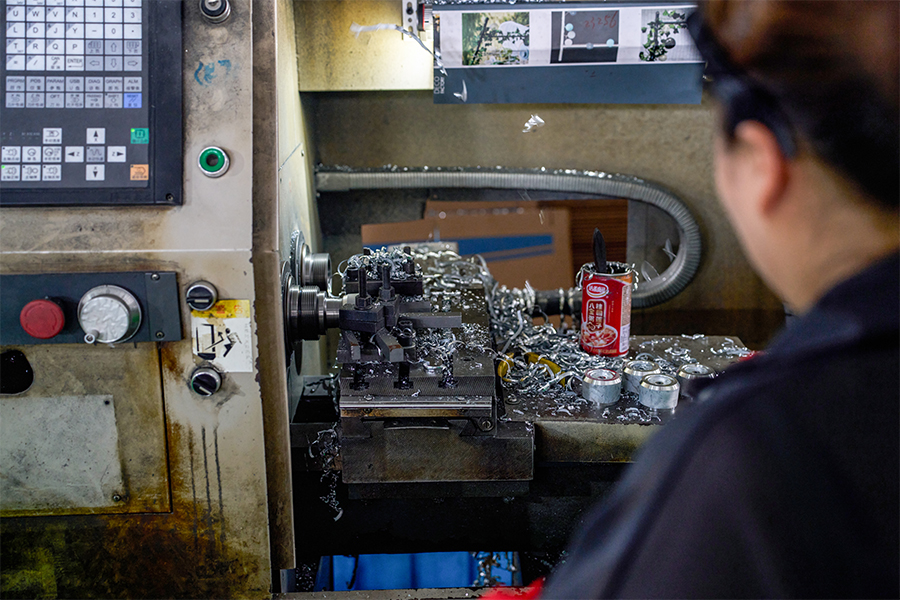
2. Type & Functionality of the Mixer
Single-Handle vs Dual-Handle
Single-handle mixers are more space-saving and convenient (control both temperature and flow with one lever), while dual-handle designs may appeal to those seeking classical aesthetics and more precise temperature control.
Pull-Down / Pull-Out Spray Options
If you often wash large pots or need extra reach, a pull-down spray head is highly useful. BuildMyPlace’s FAQ highlights that pull-down mixers offer extended reach and flexibility, making them ideal for deeper sinks. You should ask your kitchen taps manufacturer whether their sink mixer factory supports integrated pull-down mechanisms (hose length, retracing function, spray modes).
Diffused Spray Modes & Aerators
Modern sink mixers often offer multiple spray modes (stream, spray, pause). A good sink mixer factory will include a well-designed aerator that balances water efficiency and pressure, reducing splashing while preserving flow.
3. Installation Compatibility & Mounting
Number of Holes & Deck Plate
Your sink or countertop may already have a fixed number of holes. Some mixers require 1-hole installation; others need 2–3 holes. Many sink mixer factories provide deck plates to adapt to multiple-hole setups. Before ordering from a kitchen taps manufacturer, confirm hole compatibility and whether adapter plates are included.
Mounting Type: Deck vs Wall
While more mixers are deck-mounted (on the sink or countertop), some kitchens prefer wall-mounted designs. Ask your sink mixer factory whether it supports both mounting types and whether there are kit options for both installations.
Swivel and Reach
A mixer with a swivel spout (180°–360°) allows you to reach both bowls in a double-basin sink. Ensure your kitchen taps manufacturer designs a robust swivel joint with quality seals to prevent leaks. Also verify whether the spout reach matches your sink’s width for convenient coverage.
4. Durability, Certification & Warranty
Quality Assurance & Testing
When evaluating a sink mixer factory, inquire about their quality control process: Do they perform pressure tests, leak tests, or cycle tests? They should also have inspection at raw material, assembly, and final stages.
Certification & Standards
Reputable manufacturers often deliver products that meet international standards (e.g. NSF, WRAS, CUPC). Demand proof of certification certificates when sourcing from a kitchen taps manufacturer. This ensures safety, lead-free materials, and regulatory compliance.
Warranty & After-Sales Support
A factory that backs its sink mixers with a solid warranty (3–5 years or more) shows confidence in its product. Ask about replacement parts availability, seal kits, cartridges, and whether the factory supports spare parts supply for years down the line.
 Language
Language
 English
English русский
русский Español
Español عربى
عربى Phone
Phone
 Email
Email



